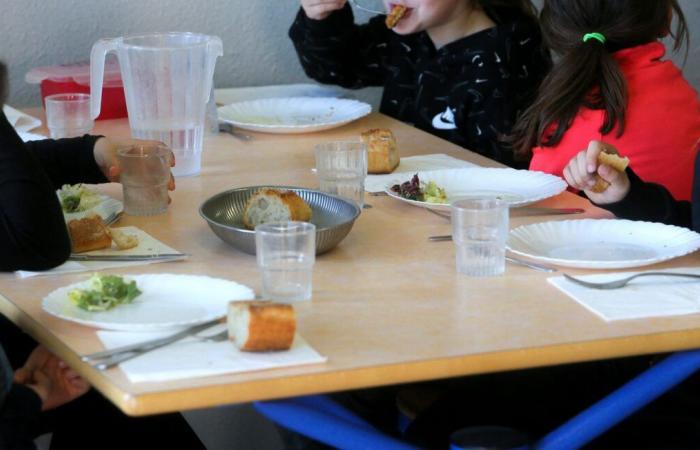
Will eating three meals a day become a luxury in France? The question may arise after reading the Unicef report published this Tuesday, on the eve of International Children's Rights Day. The French branch of the NGO carried out a very broad consultation with 20,000 children aged 6 to 18. When asked if they ate three meals a day, 22.8% of children surveyed said no, more than one in five children. In terms of food, 11% of respondents also admitted that they only ate meat, fish or an egg once a week, or never. The same observation is true for fruits and vegetables.
Faced with this observation, Unicef announced the creation of a child rights observatory in order to initiate “more effective” public policies. Because the difficulties of the youngest are not only focused on food. Very often, the least advantaged children pile up difficulties, sometimes being deprived of social relationships and links with the outside world.
More than a quarter of those questioned admit to having difficulty accessing knowledge. Nearly 11% can never organize a birthday party at home or even host friends where they live. “These deprivations, often cumulative, generate a deep feeling of exclusion among these children and adolescents, who feel constrained by a deviation from the norm, without necessarily being plunged into absolute distress,” notes the UN organization.
Suicidal thoughts in adolescents
And that's not all. In its report, Unicef points out the growing proportion of children suffering physical violence from other children or adolescents (30% of respondents claim to be victims). Facts which, unsurprisingly, lead young people to negative thoughts. More than 30% of young people over the age of 13 indicate that they have already thought about suicide.
In this context, Unicef urges the government to act “urgently to protect the rights of children and guarantee their development in a fairer society”.
France





